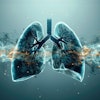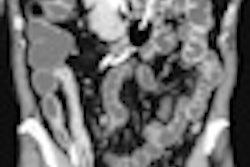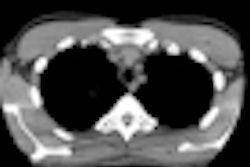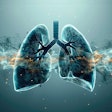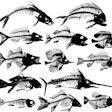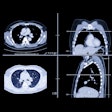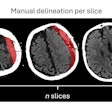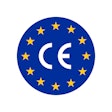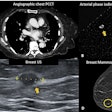Dear CT Insider,
Welcome to this newsletter, which brings you practical and timely information about the latest developments in the world of CT.
Exposure to ionizing radiation as a result of imaging is increasing among patients with inflammatory bowel disease, largely due to the more widespread use of CT and the frequent need for repeated examinations. Therefore, minimizing dose is particularly important for patients with chronic inflammatory conditions, such as Crohn's disease.
Irish researchers have found that ultralow-dose CT can provide clinically valuable images in these patients. They're also excited about the development of advanced generations of iterative reconstruction, such as model-based iterative reconstruction (MBIR). Visit our CT Digital Community or click here for the details.
Swiss researchers who studied almost 5,000 CT lung screening patients have reported positive results with a new protocol for working up patients with nodules, according to a new article. The algorithm produced low false-positive rates, and this could make the establishment of large-scale CT screening programs more feasible. Get the story here.
The global campaign to reduce radiation dose in children, Image Gently, celebrates its anniversary during February, and it's very appropriate that the European Journal of Radiology has published an article about planning a pediatric CT examination. To read more, click here.
Drug smugglers are becoming increasingly devious, and their use of "mules" appears to be on the rise. New research shows that CT is better than conventional x-ray or low-dose whole-body radiography at detecting ingested or internally concealed illegal drugs. Click here for the details.
Spanish authors have found that CT colonography (CTC) without cathartic bowel preparation and iodinated agents for fecal tagging can produce good results compared with those obtained using conventional preparation with laxatives. They think this method could improve the acceptance of CTC for colorectal cancer screening. Click here to learn more.

